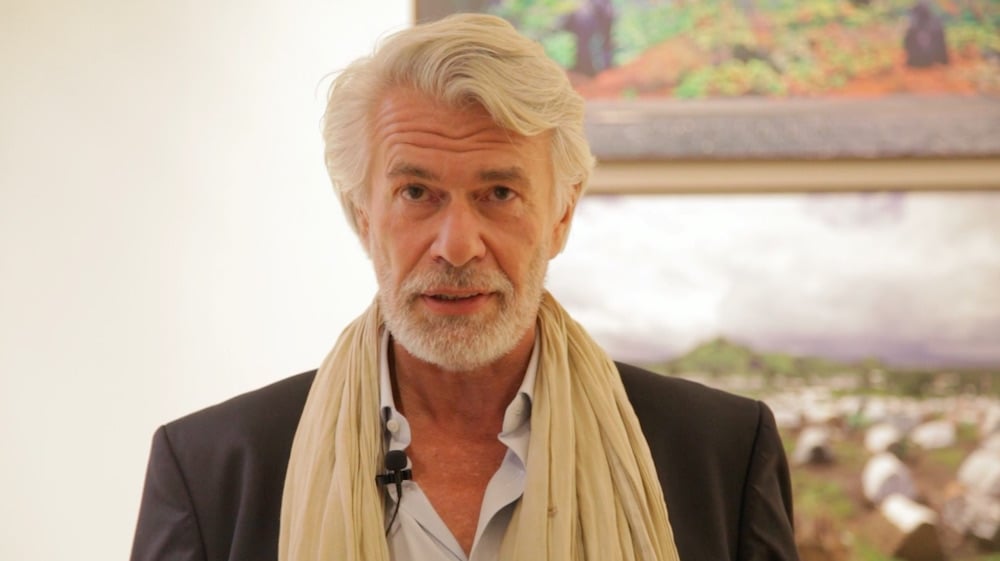Since it was announced in 2015 that Chris Dercon, the former head of the Tate Modern, would become the next artistic director of Berlin’s Volksbühne theater, the appointment has been the subject of intense controversy. Many people see the appointment of a dashing London-based curator to head an avant-garde Berlin institution with proletarian leanings as a flagrant violation of the Volksbühne’s identity. Ahead of Dercon’s assumption of his new post later this year, Guy Chazan writes in the Financial Times about how the debate over Dercon’s appointment is really a debate about what kind of city Berlin should be: one that caters to a jet-setting international art crowd, or one that stays faithful to its German working-class roots. Check out an excerpt from the article below, or the full text here. (If you have trouble accessing the article on the Financial Times website, you can find a PDF of the article at the bottom of this page):
Critics sniffily dismiss his successor as a “curator” straight out of the highly commercialised London art world, a man unversed in theatre. But the critique of Dercon’s supposed lack of credentials only partially explains the outrage. On a deeper level, the row is a conflict about clashing views of contemporary culture, as well as competing visions for the future of Berlin. Should the city open itself up to the winds of change and take its place in an increasingly internationalised cultural scene? Or should it man the barricades and fight to preserve its distinct, local identity?
Dercon is firmly in the international camp. At a hotly anticipated press conference earlier this month, he announced plans for a four-week series of premieres at the theatre’s new annex at Tempelhof, a disused airport in southern Berlin, that bristle with big foreign names such as Boris Charmatz, the French choreographer, and British rapper and poet Kate Tempest. His detractors say Dercon is part of a plot to make Berlin a more marketable destination for non-German-speaking tourists and the European creatives who have put down roots in trendy neighbourhoods like Neukölln, Friedrichshain and Mitte, the Volksbühne’s home.
Carl Hegemann, the theatre’s literary editor, finds such efforts patronising. “It’s as if Berlin is a village and now the big wide world is coming here,” he says. Dercon, however, is unabashed about making his new domain more accessible to tourists. The theatre has to cater both for “those who can think in German and those who can’t”, he tells me a few days before he publicly revealed his grand plans. “And there are many of those here. If you go to Neukölln and try to order a cappuccino in German, you might not get it.”
Image: Chris Dercon, the incoming artistic director of the Volksbühne theater, Berlin. Via Artnet.
Backlash in Berlin_ the theatre battle that puts globalisation centre-stage.pdf (496.6 KB)
